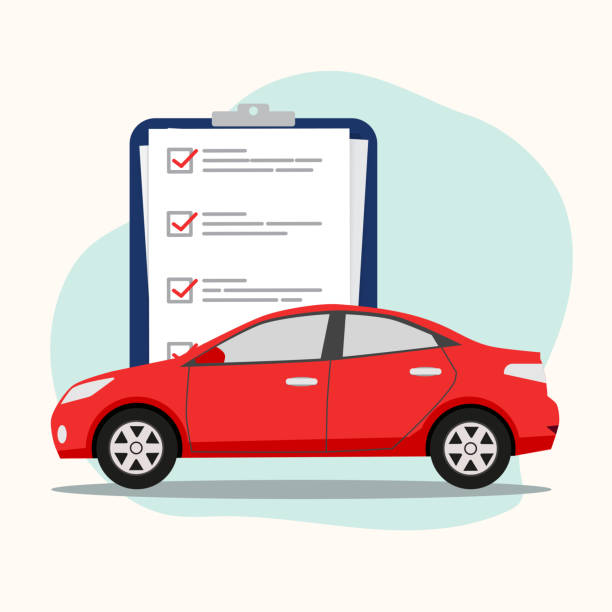The Vehicle Scrappage Policy, launched on August 13, 2021, is a government-funded programme to replace old vehicles with modern & new vehicles on Indian roads. The policy is expected to reduce pollution, create job opportunities and boost demand for new vehicles.
According to the new policy, commercial vehicles aged >15 years and passenger vehicles aged >20 years will have to be mandatorily scrapped if they do not pass the fitness and emission tests. The policy does not treat a vehicle as scrap just because of its age, but considers other factors such as quality of brakes, engine performance and others. The objective is to phase out old cars, reduce urban pollution levels and stimulate automotive sales, which continues to record slowdown amid India’s post-COVID recovery phase. Additionally, the vehicle Scrappage policy is also said to be a part of a larger stimulus package majorly requested by original equipment manufacturers (OEMs) to stir their demand.
Under the policy, automated testing stations and scrapping facilities will be set up in phases. Currently, 75 stations are proposed under Phase 1; this count will gradually scale up to 450–500 stations across the country. The government has also welcomed private players to invest in setting up such stations through partnership with the state governments. The government also plans to set up 50–70 facilities for scrapping vehicles in the next 4–5 years. An automobile industry body—the Society of Indian Automobile Manufacturers (SIAM)—has urged the government to allow dealer workshops to function as inspection and certification stations, as establishing new ones may not be commercially viable and delay the policy developments and implementation.
The Vehicle Scrappage Policy extends many obvious benefits, besides pollution control and improved road safety factor. Union Minister Mr. Nitin Gadkari has highlighted that raw materials derived from scrapped vehicles such as copper, rubber, steel, aluminium and plastic can be reused in new vehicles, which can help reduce the price of new vehicles and subsequently, boost sales.
Some incentives for scrapping old vehicles and buying new ones are as follows:
- Manufacturers can give up to 5% discount for buying new vehicles
- Zero registration fee for new vehicle purchase
- Owners can receive scrap value equivalent of 4–6% of ex-showroom price of new vehicles
- States can give up to 25% and 15% rebate on road tax for personal and commercial vehicles, respectively
According to the Ministry of Road Transport and Highways (MORTH), India is home to 2.1 crore vehicles that are older than 20 years, with the highest number in Karnataka (39.4 lakh), followed by Delhi (36.1 lakh), Uttar Pradesh (26.2 lakh), Kerala (20.6 lakh), Tamil Nadu (15.9 lakh) and Punjab (15.3 lakh). The policy will likely result in the following projected gains:
- 30% boost for the Indian automobile industry, from the current Rs. 4.5 lakh crore (US$ 61.46 billion) turnover to Rs. 10 lakh crore (US$ 136.59 billion) over the coming years
- Export component of Rs. 1.45 lakh crore (US$ 19.81 billion) in the current turnover is likely to go up to Rs. 3 lakh crore (US$ 40.98 billion)
- Decrease India’s huge Rs. 10 lakh crore (US$ 136.59 billion) crude import bill
- Attract new investments of ~Rs. 10,000 crore (US$ 1.37 billion) and create as many as 35,000 jobs
The Vehicle Scrappage Policy has been welcomed by most states. Most car dealers in Gujarat have expressed optimism at the new policy enforcements. Mr. Pranav Shah, Chairman, Federation of Automobile Dealers Associations (FADA) in Gujarat, believes that the Scrappage policy will boost sales of new vehicles on the back of proposed discounts on new car purchases against vehicle scrappage certificates. Other experts in the industry have stated that the turnaround time of cars will reduce, generating more demand for new cars. The state of Maharashtra is outlining SOPs (that will be soon rolled out) for setting up digitized scrapping centers. The Delhi Government issued a public notice prohibiting plying of over 15-year-old petrol vehicles and over 10-year-old diesel vehicles. The owners of such vehicles have been advised to get their vehicles scrapped through authorized facilities at the earliest, failing which the vehicles can be impounded.







